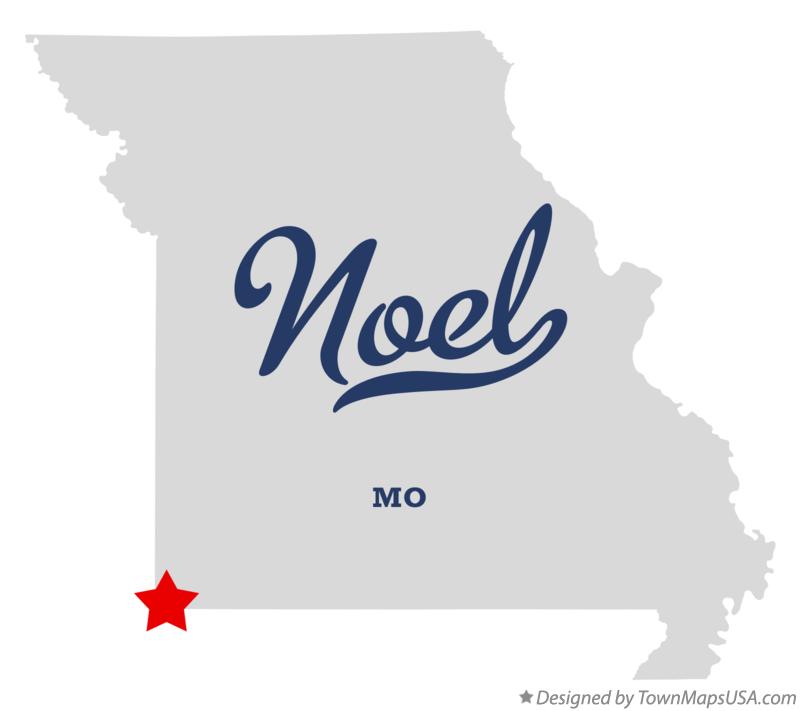Storm Lake population 10,600 in 2010.
Looks like we have found another of the 47 new resettlement sites we learned that the US State Department has identified to place some of Obama’s 110,000 refugees for FY2017. Of course, as we just said for Rutland, VT, some locations are on hold as the contractors try to figure out how far out on the limb (financially) they wish to climb.
Since refugee contractors get most of their federal money on a per head basis, any slowdown in resettlement after Trump is inaugurated cuts in to their budgets.

This is the second story we have seen lately about Catholic resettlement agencies spreading out their responsibilities to smaller organizations (or churches) presumably to make resettlement cheaper for themselves. We told you about Hudson, Wisconsin here last week.
The problem of transparency is something I will be pushing the Trump Administration on as soon as we know who will be Secretary of State. It is maddening that here we are nearly 2 months in to FY17 and we have only identified some of the 47 new sites*** we heard the DOS has chosen. Citizens have a right to know when their towns have been selected for refugee placement.
Once again from a local paper, we learn (inadvertently) some nuggets that should help all of us.
From the Storm Lake Pilot-Tribune last week:
The Bridge of Storm Lake’s mission has grown in an unexpected direction. The neighborhood ministry has become a refugee resettlement agency along with its other programs.
The first two refugees from Thailand have been successfully settled in Storm Lake, and a mother and small child will be arriving before the end of the year, freed from the desperate conditions of refugee camps.
The role was not one the program expected to play.
Catholic Charities, one of the national agencies charged with resettling refugees accepted to enter the United States, had reached out to The Bridge to see if could help.
There are placement agencies in larger cities like Omaha and Minneapolis, but Storm Lake sits in a “dead spot” in the midst of a vast rural region, unserved by any existing resettlement office.

Jay Dahlhauser of The Bridge explained that the national resettlement agencies [The Contractors—ed] meet each Wednesday to see what refugees are arriving, from where, and figure out which refugees each will handle.
We should demand that the Trump State Department not hold these meetings in secret. Imagine this! Non-profit groups are sitting around a table in DC every Wednesday making decisions that will effect your community for decades/generations!
Pilot-Tribune:
With the country beginning to reach out to more rural regions for resettlements, The Bridge accepted the challenge from Catholic Charities, but not before wrestling over the decision. [What do they mean the “country” is reaching out to place refugees in rural areas! The Obama State Department and the US Conference of Catholic Bishops may be reaching out, but they are not the “country!”—ed]
So here (below) we learn something completely new—the feds can send up to 30 refugees to a town before making a formal agreement with the agency! BTW, none of this is in the law, this is all decided within the Department of State without any legal underpinning (so it could easily be undecided by a Trump Secretary of State).
Pilot-Tribune:
Storm Lake and The Bridge are currently capped at a maximum of 30 resettled individuals. If the number reaches that level, a more permanent agreement would be necessary, or possibly a formal resettlement office to be located in the community.
Continue reading here.
I would love to know if the contractors get any little rewards from the meatpackers when they supply them with cheap refugee laborers.
***To see if your town is an existing resettlement site check out the US Department of State database.
But when you look at that data base know three things. 1) the data base is out of date, 2) we are told there are 47 new sites not listed and, 3) see if you live within 100 miles of one of these offices because that means your town is fair game to receive refugees.
Here are some of the new sites being chosen by the US State Department (that we know of!). We are adding Storm Lake, Iowa. If anyone there is interested in learning more, check out our ‘Ten Things Your Town Needs to Know‘ by clicking here.
Asheville, NC
Rutland, VT
Reno, NV
Ithaca, NY
Missoula, MT
Aberdeen, SD (may have been thwarted as a primary resettlement site!)
Charleston, WV
Fayetteville, AR
Blacksburg, VA
Pittsfield, MA
Northhampton, MA
Flint, MI
Bloomington, IN
Traverse City, MI
Poughkeepsie, NY
Wilmington, DE
Watertown, NY (maybe)
Youngstown, OH (maybe)
Storm Lake, Iowa




 It is not often I agree with anything from “Progressives,” but when a reader sent me
It is not often I agree with anything from “Progressives,” but when a reader sent me